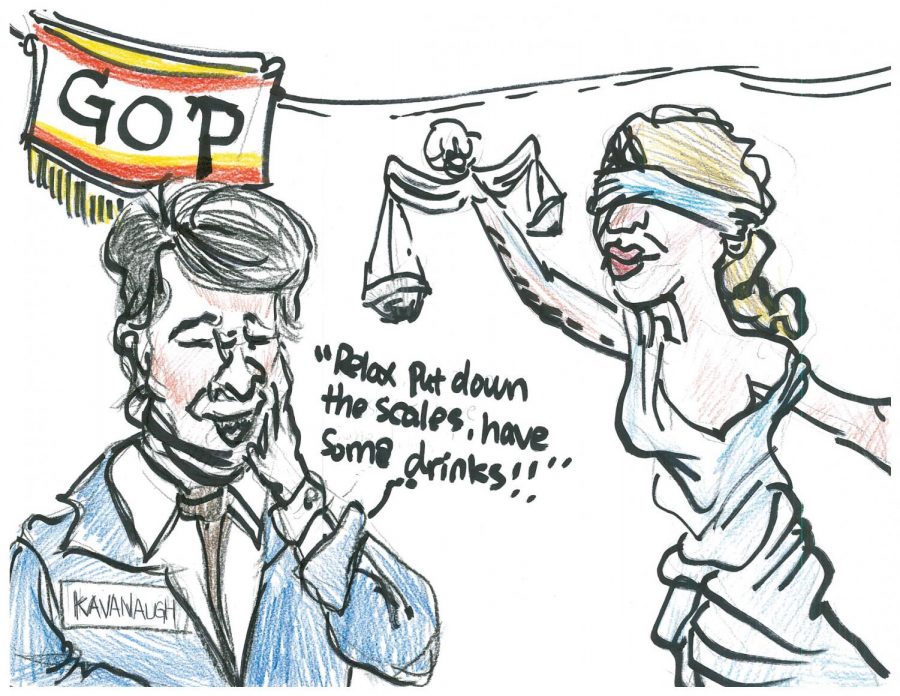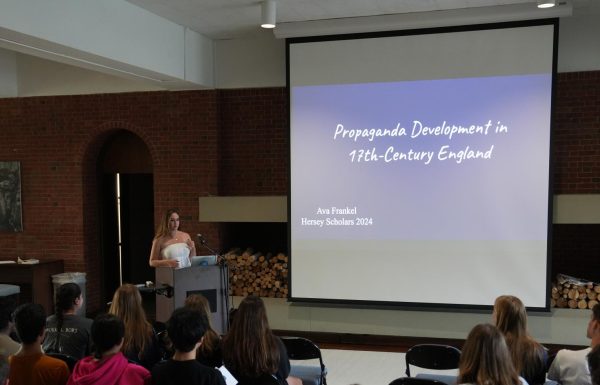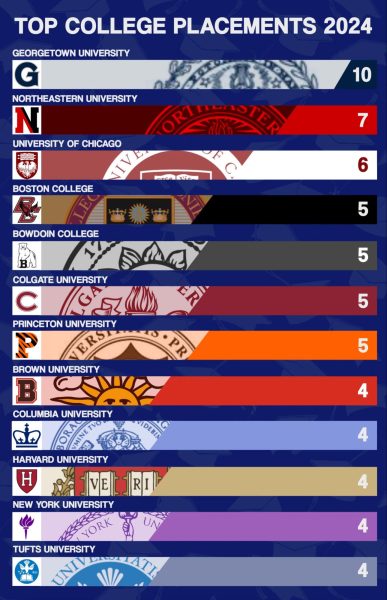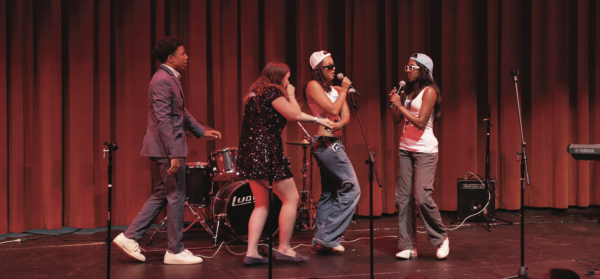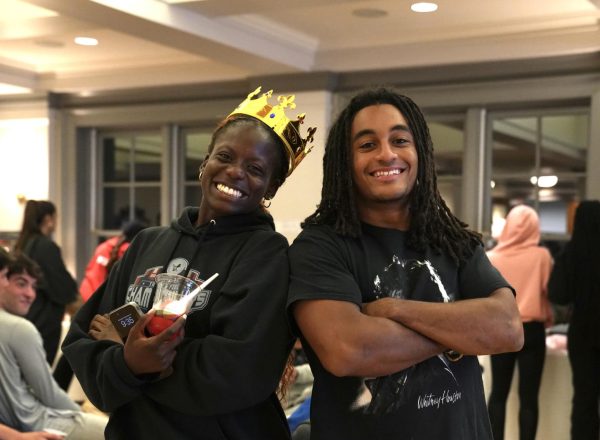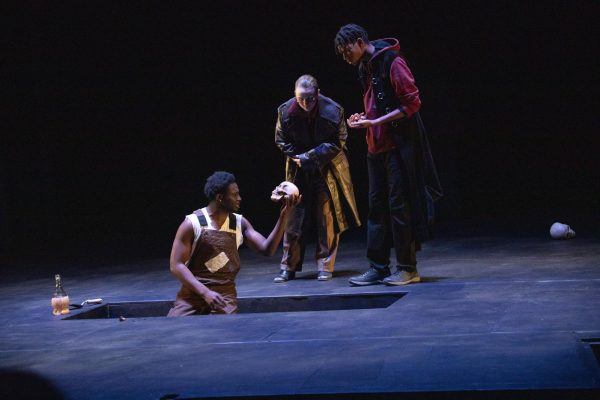Kavanaugh Confirmed by Narrow Margin
Although activists’ cries of “Shame!” repeatedly interrupted the proceedings, the Senate confirmed Judge Brett Kavanaugh as the 114th Supreme Court Justice on Saturday, October 6 by a 50 to 48 vote – one of the narrowest margins in American history.
Prior to his official swearing-in, Judge Kavanaugh, nominated by President Donald Trump in July, faced three days of hearings, which included an opportunity for him to respond to accusations of sexual assault. On Thursday, September 27, Dr. Christine Blasey Ford came forward before the Senate Judiciary Committee to testify that Judge Kavanaugh sexually assaulted her while he was in high school.
Just one day before the vote, all eyes were on four undecided senators: Susan Collins (R-ME), Jeff Flake (R-AZ), Lisa Murkowski (R-AK), and Joe Manchin III (D-WV). Senators Manchin and Murkowski broke with their parties by voting for and against the nominee, respectively. In his statement, Sen. Manchin said, “My heart goes out to anyone who has experienced any type of sexual assault in their life. However, based on all of the information available to me, I have found Judge Kavanaugh to be a qualified jurist who will follow the Constitution and determine cases based on the legal findings before him.”
On the other hand, Sen. Murkowski decided to vote against Judge Kavanaugh, primarily due to concerns about his character arising from how he conducted himself during the hearings. However, she voted “present” rather than “no,” pairing her vote with that of an absent colleague. She said, “I was truly leaning towards supporting Judge Kavanaugh in his nomination as I looked to his record. But we know that…when…a nomination for a judge goes forward, you rate them not only on their professional competence…but also [on] matters of temperament and demeanor – which are very, very important.”
Despite facing outrage from activists, Senators Collins and Flake announced before the vote that they would support Judge Kavanaugh. Sen. Collins cited a lack of corroborating evidence from witnesses as the motivation behind her vote. She said, “Certain fundamental legal principles about due process, the presumption of innocence, and fairness do bear on my thinking, and I cannot abandon them.”
Occurring in the midst of the #MeToo movement, the accusations against Judge Kavanaugh gained considerable media attention and sparked discussions on campus. Ms. Paula Russo, instructor in history, said, “I was in law school during the Clarence Thomas hearings, and it was wrenching to go through that. But when it was done, it was done, it was sealed, and we just moved on. I hope that awareness about women’s rights has been rising, and it won’t be so easy to put all these issues back on the shelf and just wipe our hands and move on as if it never happened.” Carter Moyer ’20 said, “From not just the general public, but also within Congress, it seems that people’s opinions on who to believe aligned pretty well with their political opinions. Just naturally, as the Republicans hold the majority in the Senate, I did expect the nomination to go through.”
Members of the community pointed out that Judge Kavanaugh’s confirmation raises questions about the future of the judiciary system as a whole and the Supreme Court specifically. Mr. Thomas Fisher, instructor in history, said, “Suppose you have a decision overturning Roe v. Wade or dramatically restricting women’s reproductive rights, with Kavanaugh casting a vote. Can you honestly expect people on the losing side to feel that they’ve had a fair hearing? Can anybody ask any woman to take his vote seriously? I can’t think of anything that is more damaging to the perception of the legitimacy of the court, and the perception of the legitimacy of the court is the source of its political power.”

